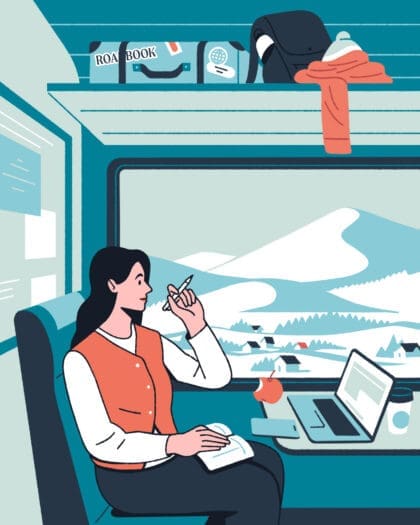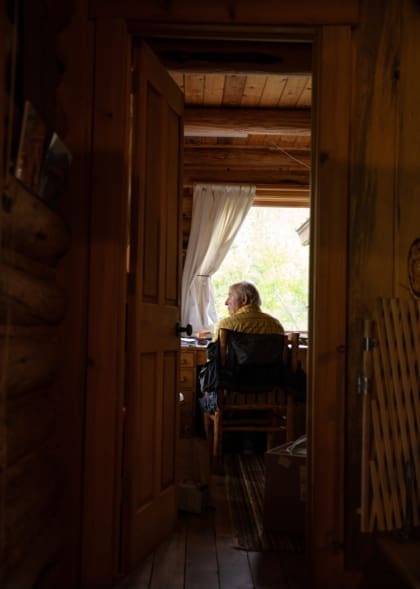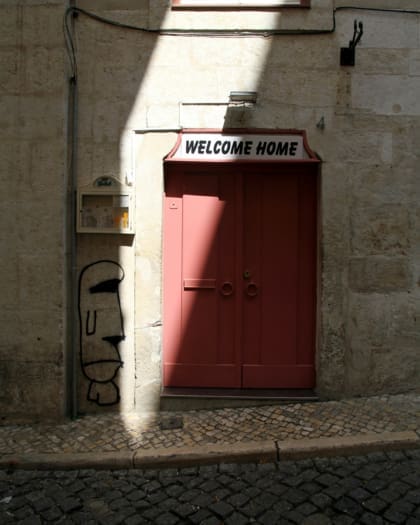
Can home swapping help solve tourism’s housing crisis?
As local communities bear the brunt of overtourism, might the concept of exchanging homes with a stranger offer a solution to the housing shortages inflamed by short-term holiday lets?
When planning a holiday, the convenience of a low-key Airbnb apartment is often an appealing option: lots of space to loaf about in, a diverse selection of neighbourhoods to choose from and the opportunity to live hyperlocal. But the past few months has seen a sharp rise in negative headlines highlighting the role that short-term holiday lets – including those offered on Airbnb – play in driving up rents and house prices in popular tourist destinations such as Cornwall, Florence and Queensland’s Sunshine Coast.
It’s something I witnessed first-hand during a recent holiday to Lisbon, which coincided with thousands of people taking to the streets to rally against skyrocketing rent prices, many pointing to the tourism boom as a key factor. In some travel hotspots, drastic measures have been taken to curb the visible effects of overtourism. In Seville, Spain, authorities recently announced plans to cut off the water supply to apartments that are caught illegally renting to tourists. Meanwhile, Pembrokeshire County Council in Wales is operating a steep council-tax premium on second homes to deter landlords and is even considering doubling this number, effectively tripling the standard rate.
What is home swapping?
In the wake of an Airbnb backlash, home swapping has quickly become a popular trend for cash-conscious tourists. Though the concept isn’t exactly new – the 2006 film The Holiday with Cameron Diaz and Kate Winslet hinged on a house trade-off – it’s recently gained mainstream appeal thanks to the cost-of-living crisis and a new breed of design-focused apps.
Handing your own keys over to strangers might seem like an odd concept, but converts believe it offers a more authentic travel experience. And beyond the obvious money-saving benefits, there’s a broader sense that shifting tourists from short-term lets to home-swapping platforms could have the added bonus of reducing the harmful impact travel is having on housing right now.

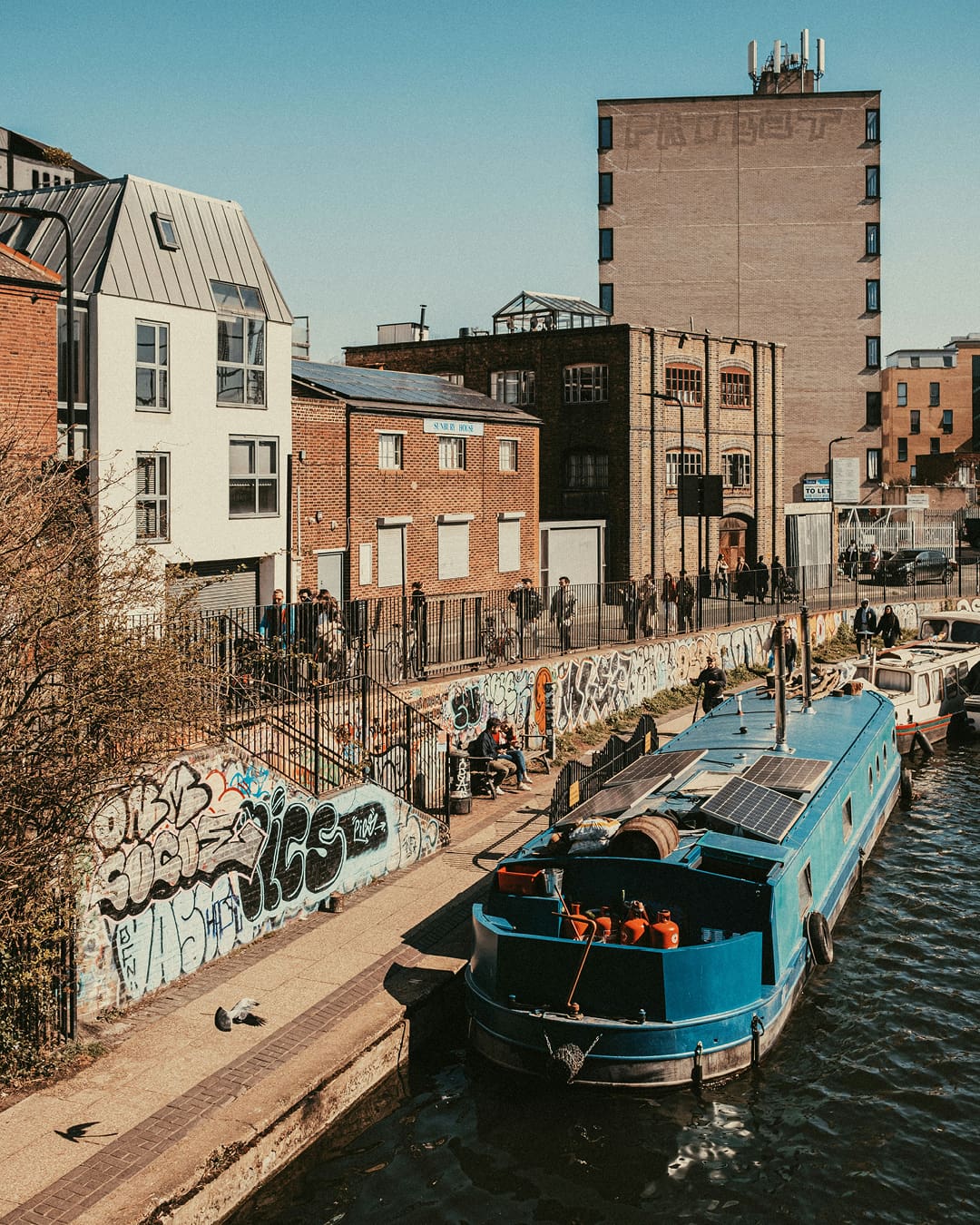
Is the digital nomad dream over in Lisbon?
From Athens to Amsterdam, Europe’s deepening housing crisis is being felt across the continent. Economists say that a major contributing factor is a surge in short-term holiday lets, popularised by platforms such as Airbnb. While these platforms are attractive to visitors looking for more authentic travel experiences, they’ve proven to come at the expense of locals.
Tourist-heavy Lisbon is a prime example. A series of ‘Golden Visa’ schemes marketed towards wealthy digital nomads, a heavily deregulated property market and a shift in landlords favouring light-touch holiday lets have all haven driven rents to new heights. Earlier this year, rents in Lisbon saw their steepest increase since 1994, underscoring how quickly and dramatically the situation has escalated.
Here, Airbnbs command an average 117 GBP per night rate for a taste of Lisbon’s cool cultural scene and favourable conditions for digital nomads. Meanwhile, Portugal’s monthly minimum wage sits at 760 EUR, and more than 50 per cent of people earn less than 1,000 EUR a month.
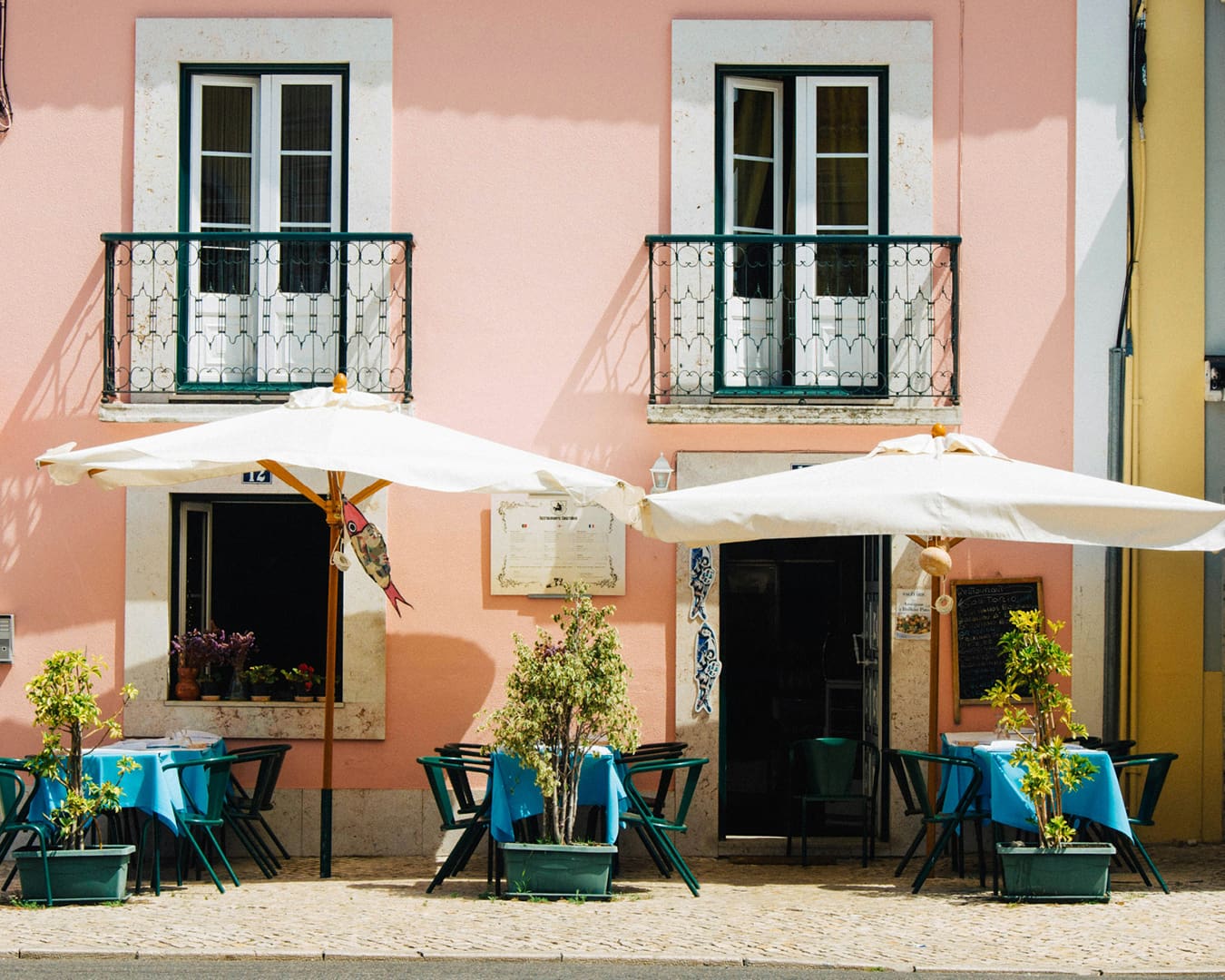
When asked about how the problem has emerged over the past decade, Andrew Evans, deputy chief economist at research consultancy Capital Economics said: “Airbnb traditionally involved an average person renting out their home for a bit of extra cash while they were away on holiday, but now professional landlords with multiple properties are taking their rental homes out of the market and converting them into Airbnbs.”
The consultancy also published a 2020 report that analysed the scale of the UK’s short-term lets sector. It found that landlords were motivated by three main factors: higher flexibility, the recent restrictions that have come into landlord legislation, and the ability to charge higher rents for each property on a per-night basis. Similarly, on New York‘s trendy Lower East Side, for example, one study found that full-time Airbnb listings earned, on average, two to three times more than the median long-term rent.
Businesses in areas like Cornwall might make money from tourists but we know the local people they employ struggle to access safe and affordable housing
The ‘Airbnb Effect’
What’s happening in Lisbon is a worrying microcosm of a widespread reality: second homes and holiday lets are increasingly luring landlords away from the private-rental market stock in travel hotspots, causing a crisis to brew in towns and cities, as well as rural and coastal areas. “When you have a smaller pool of properties becoming available each month, tenants are competing for a limited supply of homes, and that’s ultimately what’s driving up rents,” says Dan Wilson Craw, deputy director at the UK-based campaign group Generation Rent.
Quantifying the scale of the problem, Generation Rent showed that last year, 29 homes a day in the UK were lost to the holiday-lets sector between 2021 and 2022, hollowing out the number of properties left for local residents.
So common it has a name: ‘The Airbnb Effect’, this rinse-and-repeat travel trend is gentrification on steroids, pricing out locals and displacing everyone but a select few privileged communities. TikTok-friendly Lisbon, with its influx of co-working spaces and easy access to the beach, is the perfect example. Here, rents have risen by 37 per cent in the past five years.
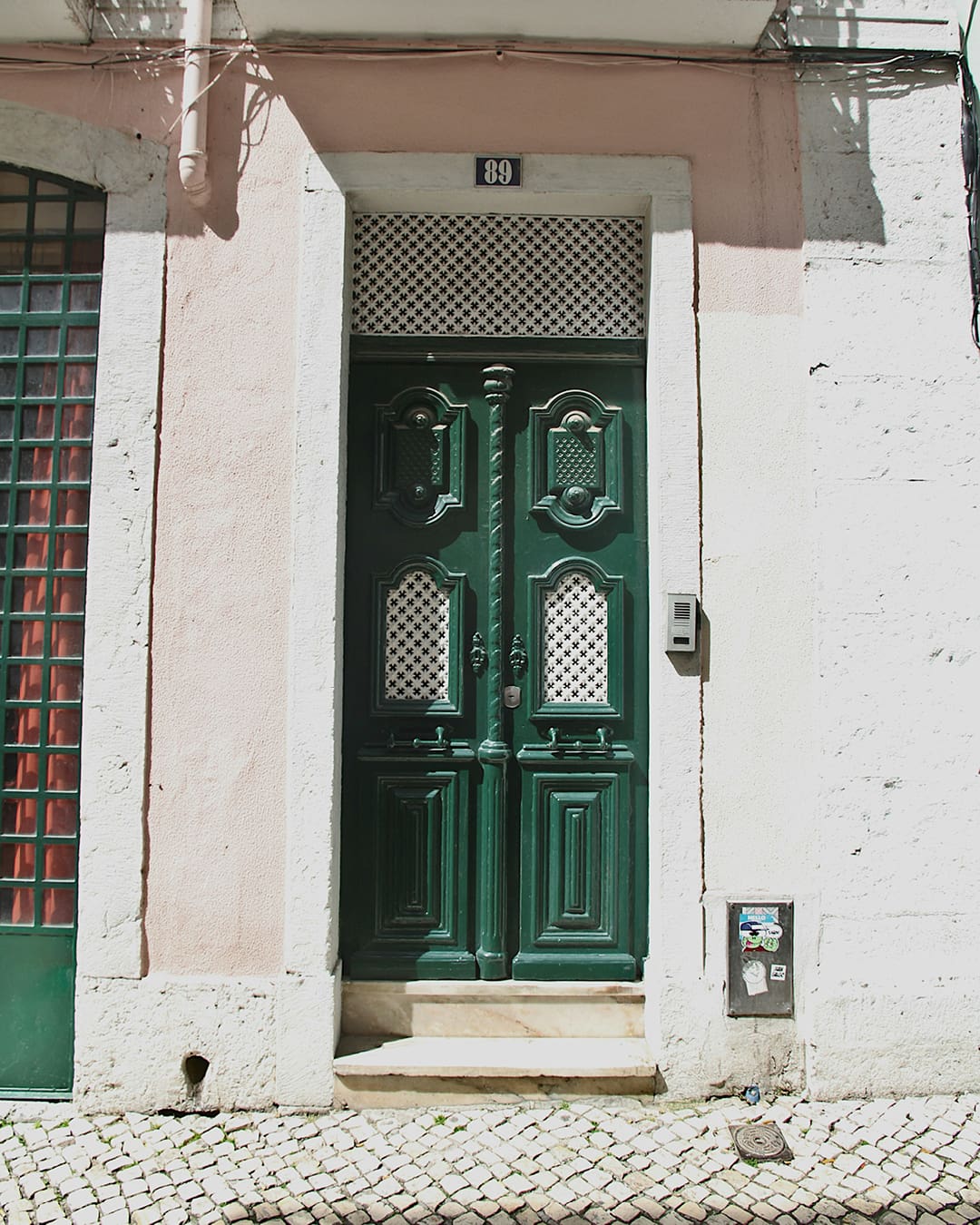
How local governments are cracking down
While the short-term letting platform can’t reasonably be blamed for the entire rental crisis, it’s clearly a contributing factor. In response to the heat from locals, the Lisbon government has started to backpedal on the Airbnb gold rush. After a decade of fairly lax rules about who can host, it introduced a ban on new licences for short-term holiday rentals. At the same time, it ended its controversial ‘Golden Visa’ scheme.
Other cities like Barcelona and New York have drawn a harder line, introducing an ‘de facto’ ban on all Airbnb operations in the city, the former of which will come into effect at the end of 2028. But does banishing Airbnb actually do anything to stabilise high rent prices, or is it a case of closing the stable door after the horse has already bolted?
The example of Irvine, California may point to the answer and offer hope to Europe’s disenfranchised renters. The local council banned short-term rentals in 2018 after angry residents complained about a growing influx of tourists. Based on research published by Real Estate Economics, the decision made a real difference. After Irvine’s ban went into effect, long-term rents in the city dropped by three per cent, a decrease of 81 GBP a month on average.
When approached for comment, a spokesperson from Airbnb felt differently. “Travel on Airbnb contributes billions to the UK economy and enables locals – not just hotels – to benefit from visitors to communities which rely on tourism. The main challenge to housing supply and affordability is the lack of new homes being built.”


And maybe a ban isn’t necessarily a great thing for travel. When Airbnb was first banned in Berlin in 2014, hotels were lambasted for capitalising on the situation, hiking up their room prices to record highs. Tourists got a bum deal, having no other option but to pay. Four years later, the city controversially overturned the ban, but strict rules have remained in place ever since, including a requirement for hosts to obtain a permit and a rental cap of 90 days per year.
Despite the threat of hefty fines, many Airbnb hosts continue to operate illegally in the German capital. Doubling down on its efforts, a recent ruling by the Berlin court has strengthened the city’s hand, allowing authorities to mandate that any illegal rentals discovered and operating within the last 10 years can be forcibly turned into a long-term let.
There are other benefits to keeping short-term lets in the equation, too. The boom in holiday lets has grown the local tourism industries in many rural areas where hotels have traditionally been scarce. This not only supports local businesses but also creates jobs for residents.
Wilson Craw says that when it comes to housing, it’s a Catch 22: “Businesses in rural areas like Cornwall might make money from tourists, but at the same time, they employ people locally, and we know that those people really struggle to access safe and affordable housing.”
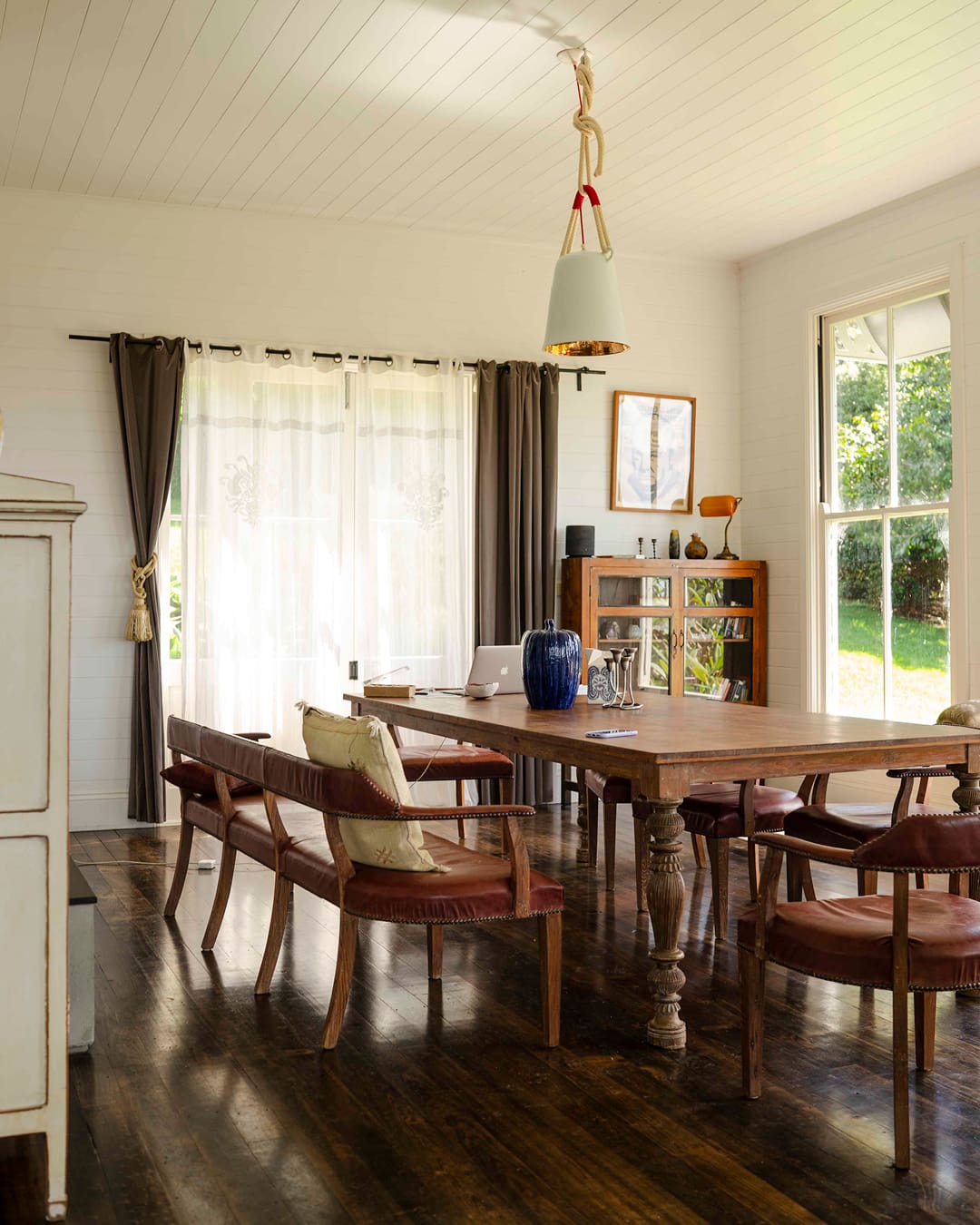
Could home swapping be the answer?
Home-swapping apps such as Kindred and HomeExchange, marketed towards home-owning millennials, are differentiating themselves from the likes of Airbnb by offering a less problematic travel experience.
To join the home-swapping community, prospective swappers must have their properties vetted by their chosen platform. Once verified, the swapping process is simple: some apps charge a yearly upfront subscription, while others ask members to pay a small cleaning and service fee per trip. Either way, there’s no outright cost for accommodation.
Kindred estimates that travellers can save roughly 1,300 GBP on a seven-night stay when opting to swap over choosing a hotel or rental. And unlike traditional short term rental sites, there’s arguably a bigger balance of trust: all members must host their own home to travel, so everyone has skin in the game.
“We see house swapping as the perfect solution for the housing issues that are happening across Europe right now,” says Jessica Poillucci, manager at popular home-swapping platform HomeExchange. “There’s not an abundance of empty homes during the offseason as, rather than snatching up homes to turn them into rentals, people generally swap their primary accommodation.” Speaking to its growing popularity, the platform recorded a 68 per cent increase of exchanges by UK members in the first half of 2024 compared to the same period in 2023.
Trading homes could be a lot better for the environment too. Platforms such as Holiday Swap claim that home exchanges emit 66 per cent less CO2 than hotels, because of things like less frequent cleaning and limited food waste. “Home swapping doesn’t encourage the development of properties, and we know that many of our community members are concerned about the environment – so we even have filters for selecting and swapping with other eco-friendly homes,” notes Pollucci.
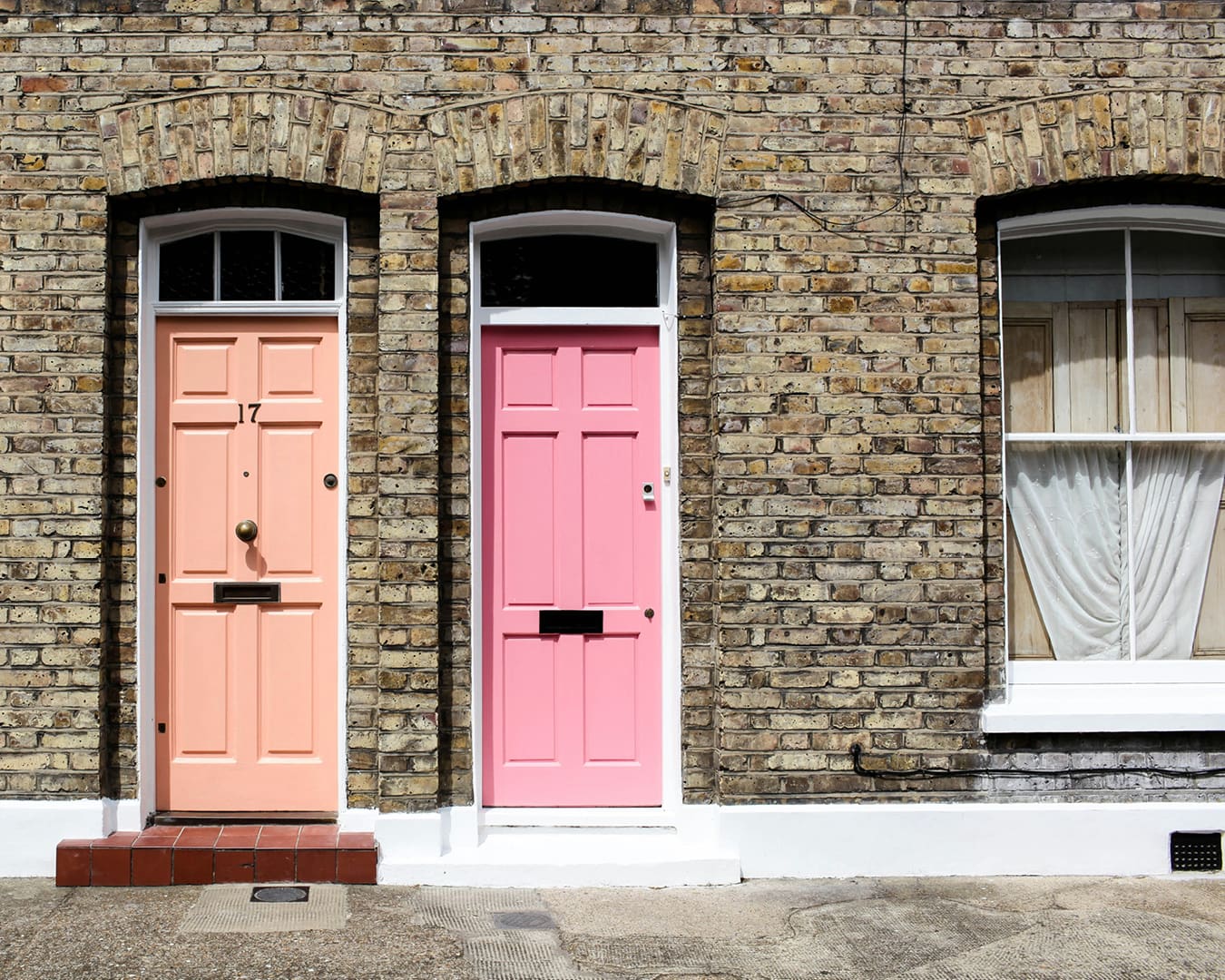
A more personal way to travel
Pollucci says that the insider appeal of home swapping has attracted a specific type of traveller that wants to skip the well-trodden tourist traps and opt for a locally loved food truck or low-key gallery instead. “You’re more likely to swap hyper personalised recommendations from your hosts, and it’s a nice opportunity to let them discover what’s great about your neighbourhood. Home swappers are generally really passionate about this element.”
Mia and Dan, who recently discovered home swapping, travelled to Brooklyn last year with their son Leo, exchanging their two-bedroom apartment in east London with a couple in BedStuy: “Because we were both travelling with babies that were roughly a similar age, logistically, we could swap toys, cribs and highchairs – everything was set up for us to move in and feel comfortable,” says Mia.

“Before our stay, our hosts left recommendations for child-friendly local breweries, restaurants and bookshops so we didn’t have to worry about researching ahead of time. It would have taken months living in the city to build up that kind of family-specific knowledge.”
While a general shift towards home swapping could benefit all parties, experts believe that stricter legislation is the best way to fix the damage already caused by short-term holiday lets. “A possible solution could be a licensing scheme where individual councils decide how many holiday lets is ethical to operate in certain areas, limiting the number when necessary. We believe it’s for local authorities to decide what the right balance is between a thriving tourist economy and the need for homes,” says Wilson Craw.
While Airbnb’s popularity doesn’t seem to be waning (there are currently more than seven million active listings worldwide), home swapping offers a much-needed alternative to tourists in an escalating cost-of-living crisis. But aside from removing affordability barriers on an individual level, its benefits speak to a richer experience for everyone – not just tourists, but the wider communities they seek to explore.




